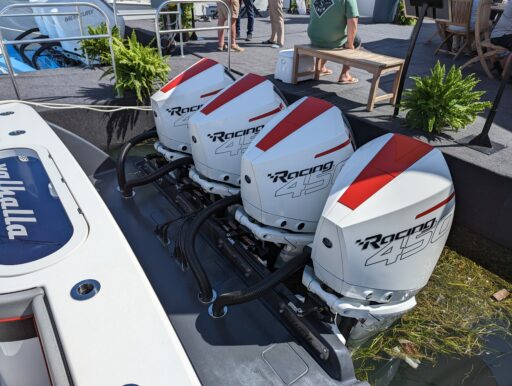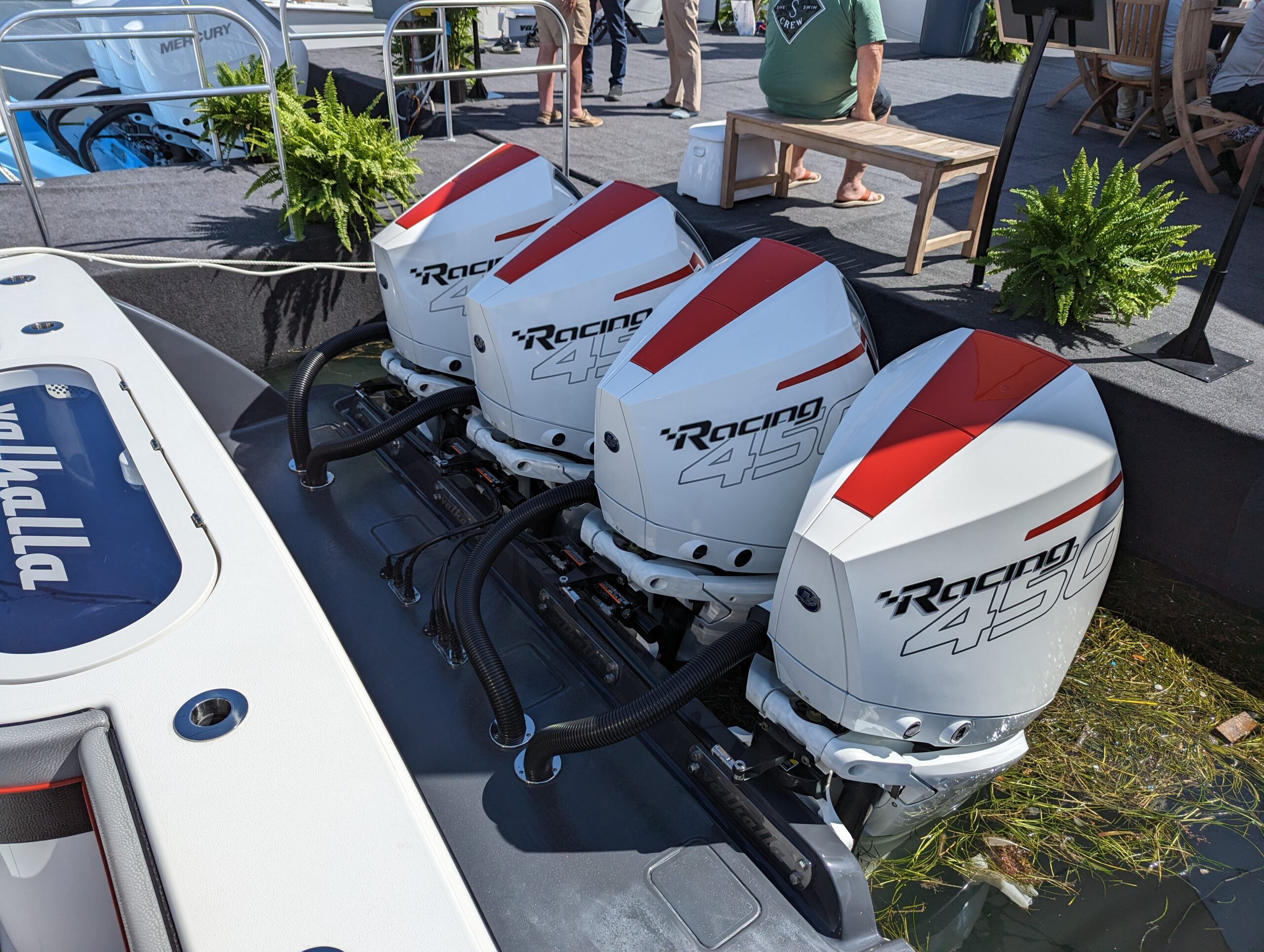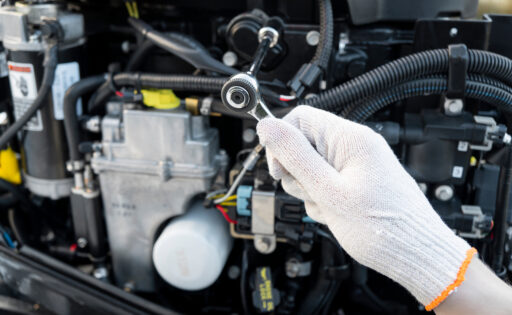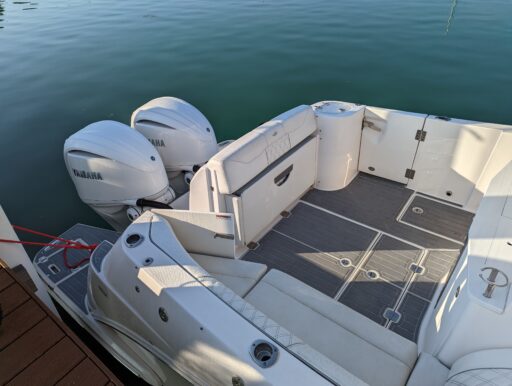Maintaining your boat motor is crucial for ensuring smooth and trouble-free sailing. Proper care not only extends the life of your motor but also enhances performance on the water. In this comprehensive guide, we’ll explore practical tips and tricks to keep your boat motor in top condition.
Regular Inspection Routine
Routine inspections help you catch potential issues early, preventing more significant problems down the line.
Check for Leaks: Inspect the motor for any signs of oil or fuel leaks.
Inspect Belts and Cables: Ensure belts are tight and cables are in good condition.
Examine Propeller: Look for damage, dents, or debris on the propeller.
Proper Fuel Management
Using clean and properly treated fuel is essential for optimal engine performance.
Fuel Stabilization: Use a fuel stabilizer if your boat will be inactive for an extended period.
Choose High-Quality Fuel: Opt for high-quality, ethanol-free fuel to prevent engine issues.
Regular Fuel System Inspection: Inspect the fuel lines and filters for clogs or damage.
Cooling System Maintenance
Overheating can lead to severe engine damage, making the cooling system a critical component.
Flush the Cooling System: Regularly flush the cooling system to remove salt and debris.
Check Water Pump Impeller: Inspect and replace the water pump impeller as part of routine maintenance.
Monitor Coolant Levels: Ensure there’s enough coolant in the system to prevent overheating.
Battery Care
A well-maintained battery is essential for starting your boat motor and powering onboard electronics.
Regular Charging: Charge your battery regularly, especially during periods of inactivity.
Clean Battery Terminals: Keep the battery terminals clean to ensure a strong connection.
Inspect Battery Cables: Check for frayed or damaged battery cables.
Propeller and Gearcase Inspection
A damaged propeller or gearcase can significantly impact your boat’s performance.
Inspect for Damage: Regularly inspect the propeller and gearcase for any signs of damage.
Clean and Grease Propeller Shaft: Clean and grease the propeller shaft to prevent corrosion.
Replace Damaged Parts Promptly: If you notice any damage, replace the affected parts promptly.
Lubrication and Greasing
Proper lubrication reduces friction, preventing premature wear and tear.
Use Marine-Grade Lubricants: Ensure you use lubricants specifically designed for marine applications.
Lubricate Moving Parts: Regularly lubricate moving parts such as steering components and control cables.
Grease Fittings: Apply grease to fittings in the tilt and trim mechanisms.
Winterization for Storage
Proper winterization is crucial for protecting your boat motor during periods of inactivity.
Drain the Cooling System: Remove any residual water to prevent freezing.
Stabilize the Fuel: Add a fuel stabilizer to prevent fuel degradation during storage.
Fogging Oil for Internal Components: Use fogging oil to protect internal engine components.
Professional Servicing
While DIY maintenance is essential, professional servicing ensures a thorough inspection and addresses potential issues you might miss.
Schedule Regular Servicing: Plan for professional servicing at least once a year.
Address Specific Concerns: If you notice unusual sounds or behaviors, seek professional assistance promptly.
Maintaining your boat motor is a proactive approach to ensuring a smooth and enjoyable boating experience. By incorporating these tips and tricks into your routine, you’ll not only prevent unexpected issues but also prolong the life of your boat motor, allowing you to navigate the waters with confidence and ease.






